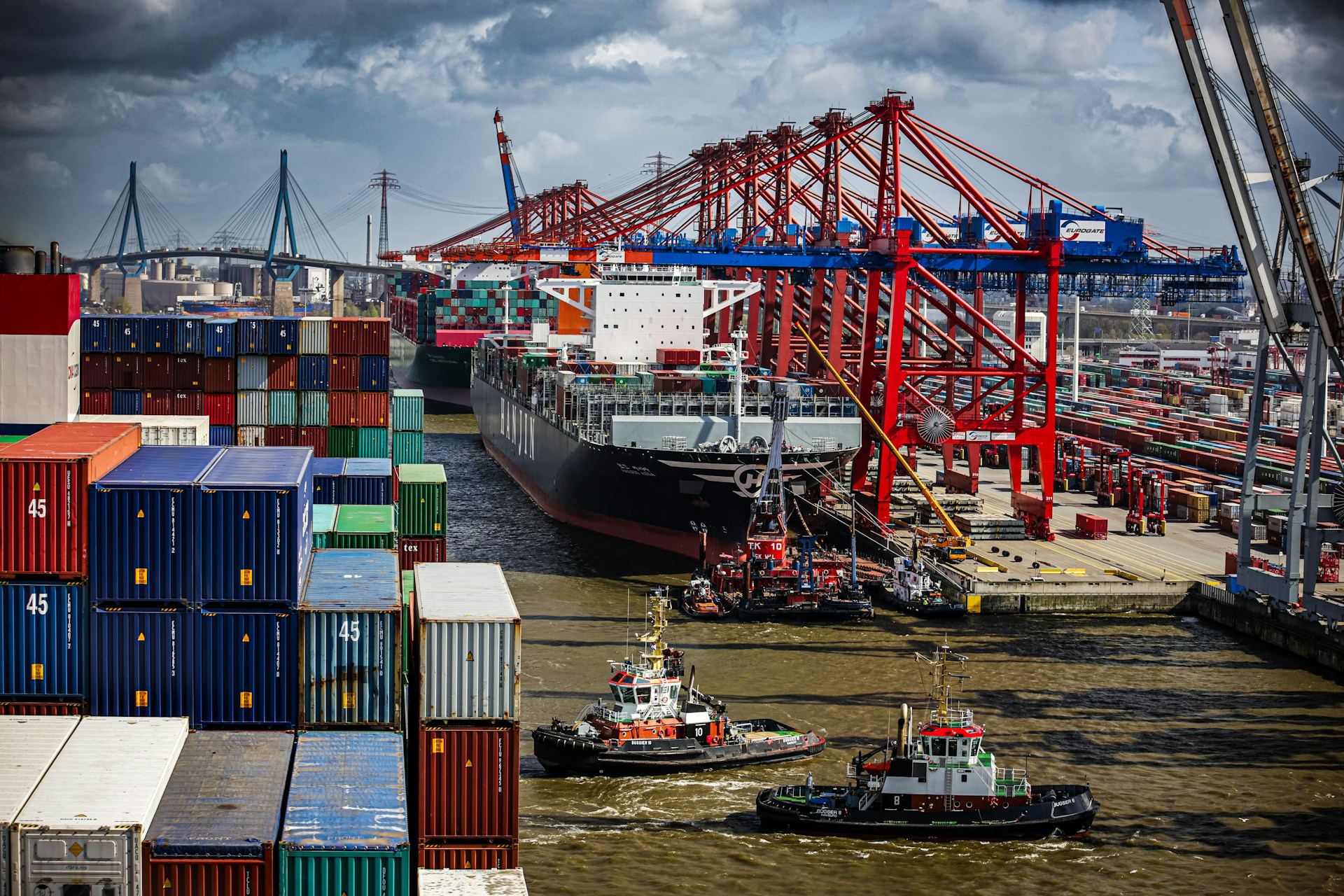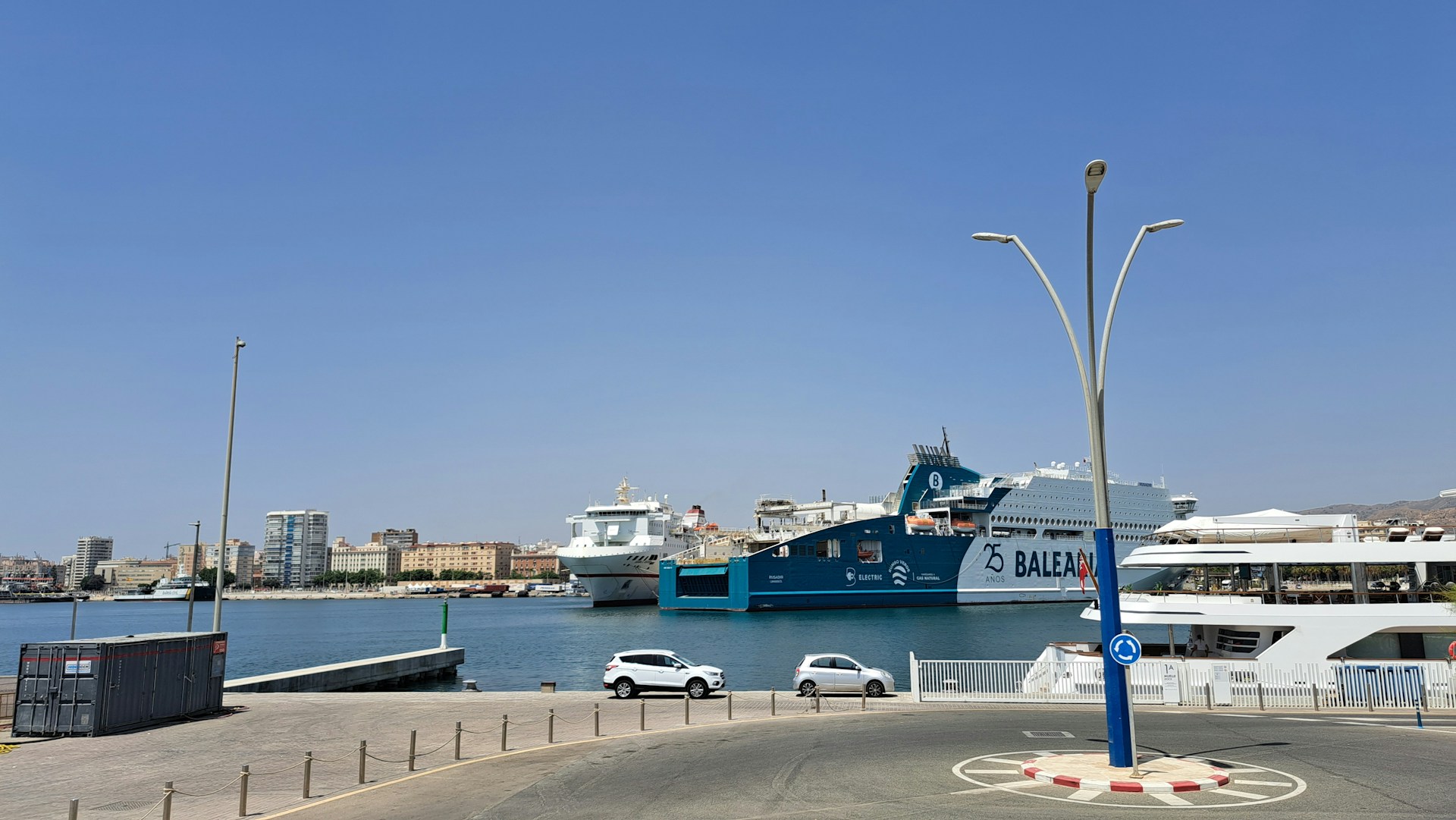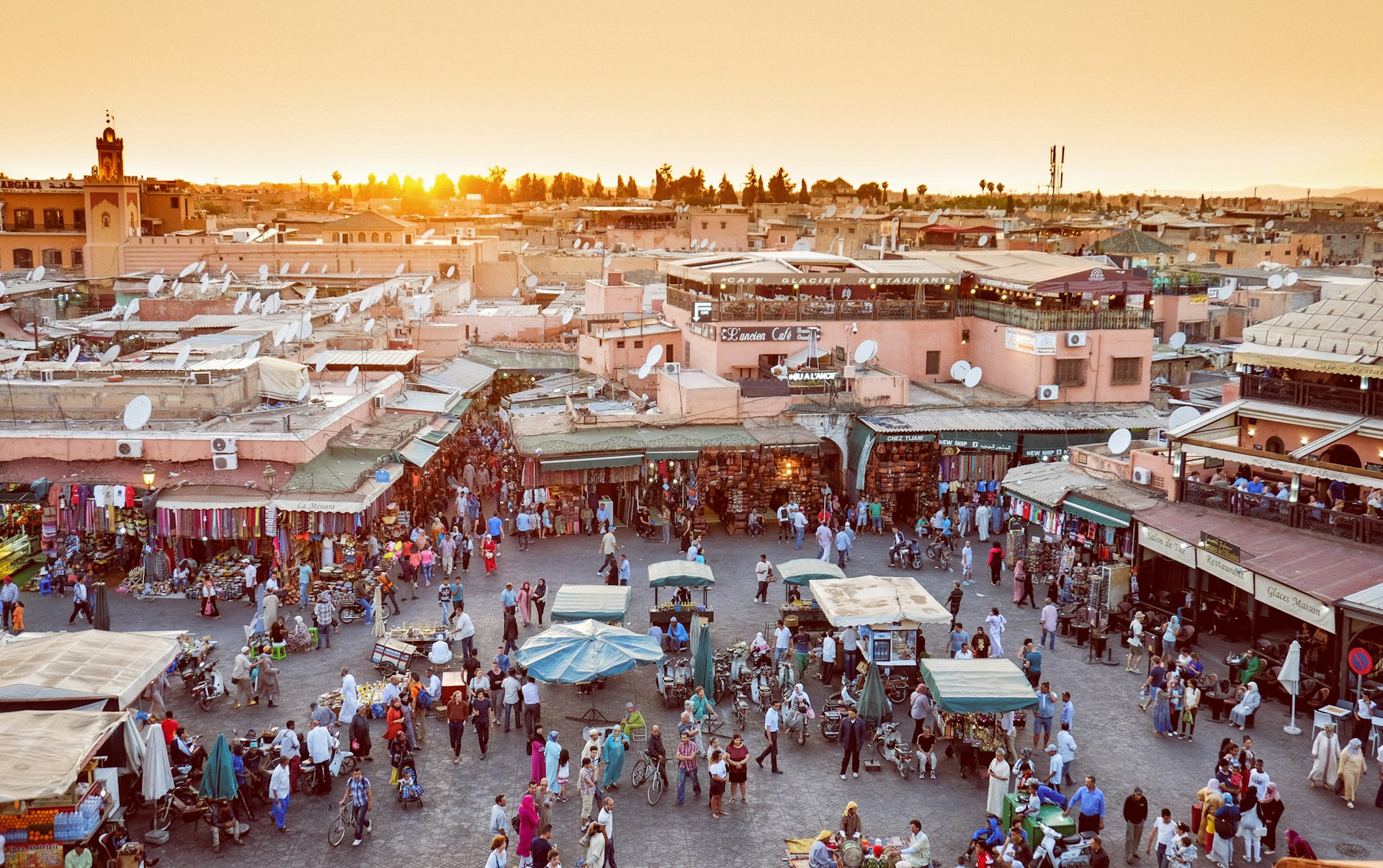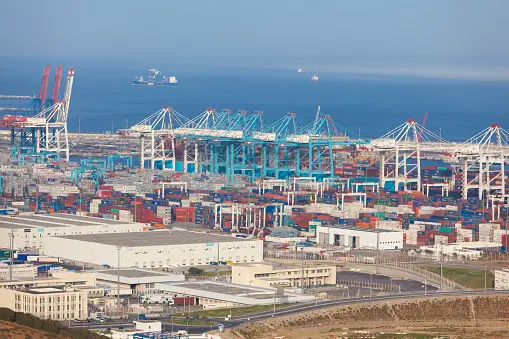Casablanca – Moroccan olive oil exports to the European Union have seen a dramatic decline during the 2024/2025 marketing season, marking one of the sharpest downturns in recent years. Official data from the European Commission reveals that Morocco’s olive oil shipments to EU member states totaled just 1,431 tons between October 2024 and May 2025, a steep 71.2% drop compared to the same period in the previous season.
This reduction comes amid a broader contraction in Morocco’s olive oil production, which decreased by 15% to an estimated 90,000 tons, down from 106,000 tons in 2023/2024. The decline has raised alarms among agricultural stakeholders and exporters, given olive oil’s importance to Moroccan agri-food exports and rural livelihoods.
EU market share shrinks to historic low
Morocco’s share in total EU olive oil imports has shrunk significantly. While the country once played a modest but stable role in the European market, its share in the 2024/2025 season fell to just 1%, making it a marginal supplier compared to other Mediterranean exporters.
This contrasts sharply with Tunisia, which has emerged as the dominant supplier of olive oil to the EU. Between October 2024 and May 2025, Tunisia exported 108,540 tons to EU countries, accounting for roughly 80% of total imports—a 22.8% increase over the same period last season. Meanwhile, Turkey secured 8% of the EU’s olive oil imports, even though its export volume dropped by 40% to 11,516 tons.
Causes behind Morocco’s export slump
Several interconnected factors appear to explain Morocco’s sharp export decline:
- Reduced domestic output:
Morocco’s olive oil production has been directly affected by adverse weather conditions, including irregular rainfall and prolonged drought in key agricultural regions. The 15% drop in national production has limited available quantities for export, with domestic needs taking priority. - Increased global competition:
Neighboring countries like Tunisia and Turkey have not only maintained but expanded their positions in the EU market. Tunisia, in particular, benefited from favorable trade agreements and strong harvests, allowing it to meet rising European demand at competitive prices. - Logistics and market access constraints:
Moroccan exporters face structural limitations related to logistics, certification standards, and supply chain inefficiencies. While Moroccan olive oil enjoys recognition for its quality, the country’s distribution and branding capacity in Europe still lag behind those of its competitors. - Lack of strategic export planning:
Analysts have noted that the Moroccan olive oil sector lacks a cohesive export strategy to penetrate high-value markets. Export growth in previous years was seen as opportunistic rather than the result of sustained promotional campaigns or investment in long-term market positioning.
Broader impacts on the sector
The drop in exports has financial implications not only for producers and exporters but also for rural economies where olive cultivation is a key source of employment. Smaller farmers and cooperatives, especially in the regions of Fès-Meknès, Marrakech-Safi, and the Oriental, may struggle to remain viable without consistent demand from foreign markets.
In addition, the slump threatens to undermine previous government efforts aimed at enhancing agri-food exports under Morocco’s “Green Generation 2020-2030” strategy, which emphasized value-added production and market diversification.
EU market dynamics
While Morocco’s position has weakened, other producers have consolidated their presence. Spain maintained its lead as the EU’s largest producer with a massive rebound in output—1.415 million tons in 2024/2025, compared to 855,000 tons the year before. Italy, however, saw a decline in production from 328,000 tons to 248,000 tons.
Beyond the Mediterranean region, rising international demand, shifting consumer preferences toward healthy oils, and climate volatility continue to influence the European olive oil market. In this context, producers with greater resilience and market readiness are better positioned to respond to these shifts.
Outlook and recommendations
Experts suggest that Morocco must adopt a multi-pronged strategy if it hopes to regain ground in the European olive oil market. Key recommendations include:
- Investing in irrigation and climate-resilient farming practices to stabilize production.
- Enhancing quality certification and traceability systems to meet EU standards.
- Promoting Moroccan olive oil through targeted branding and marketing campaigns.
- Expanding processing and storage infrastructure to reduce post-harvest losses.
- Negotiating more favorable trade conditions with EU partners.
Without such measures, Morocco risks losing not only short-term export earnings but also long-term market presence in an increasingly competitive global landscape. The current downturn may serve as a wake-up call to reinvigorate the sector through innovation, investment, and strategic planning.
















